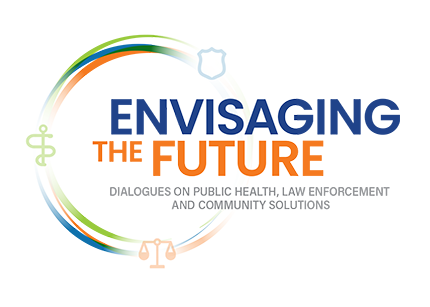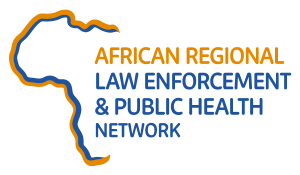Amber Christensen Fullmer (MA, ABD)
Inuit/Nubiak native from Alaska. Former probation officer
Amber is a proud Inupiaq, Choctaw, Irish and Swedish Women, who is the Director of Native Student Services and Assistant Professor at the University of Alaska, Anchorage. As a Community Psychologist, Amber received her bachelor degree from the University of Alaska, where she received her qualifications in Sociology and Psychology. After successful completion of her undergraduate degree, Amber pursued a Master’s Degree in Community and Clinical Psychology from the University of Alaska, Fairbanks. Guiding her research interest stems from the social injustice issues Indigenous people face when engaging with formalized institutions, to which her PhD focuses on with an emphasis on Public Health and Social Justice from an Indigenous perspective. Before commencing higher degree research studies, Amber worked extensively within the community as a Youth Counsellor and a Juvenile Probationary Officer in Anchorage, Alaska.
While also working as an Adult Probation/Parole Officer in Colorado – with a specialization in convicted adult offenders for crimes of Intimate Partner Violence and Sexual Based Offences. Based on her career spanning over 13 years within the Criminal Justice System, Amber found there was a lack of Indigenous understandings to account for experiences of violence from a perpetrator perspective. Based on this knowledge gap, Amber developed and implemented multi-disciplinary teams related to community containment, rehabilitation, and court-ordered supervisor of high-risk offenders. Amber’s research interest stems from her academic, professional and personal experiences relating to violence, power and control in systems and communities. As a proud Alaska Native woman, she has the first-hand experience on the process of victimization and survivorship Alaskan Natives experience from Intimate Partner Violence. Due to the success of her criminal justice career, Amber focuses on an Indigenous strength-based model to account for the preservation of the family unit, through capacity building and community empowerment. She is operationalizing this through mental health support and substance abuse rehabilitation. To ensure the family has ongoing support, education and resources to restore cultural understandings and decrease the impact of community violence, which is one of the highest public health risks in Alaska. Guiding her research is her commitment to understanding the significance Intersectionality holds to decolonizing westernized methodologies and, providing a voice for those who have multiple and often compounding identities.









